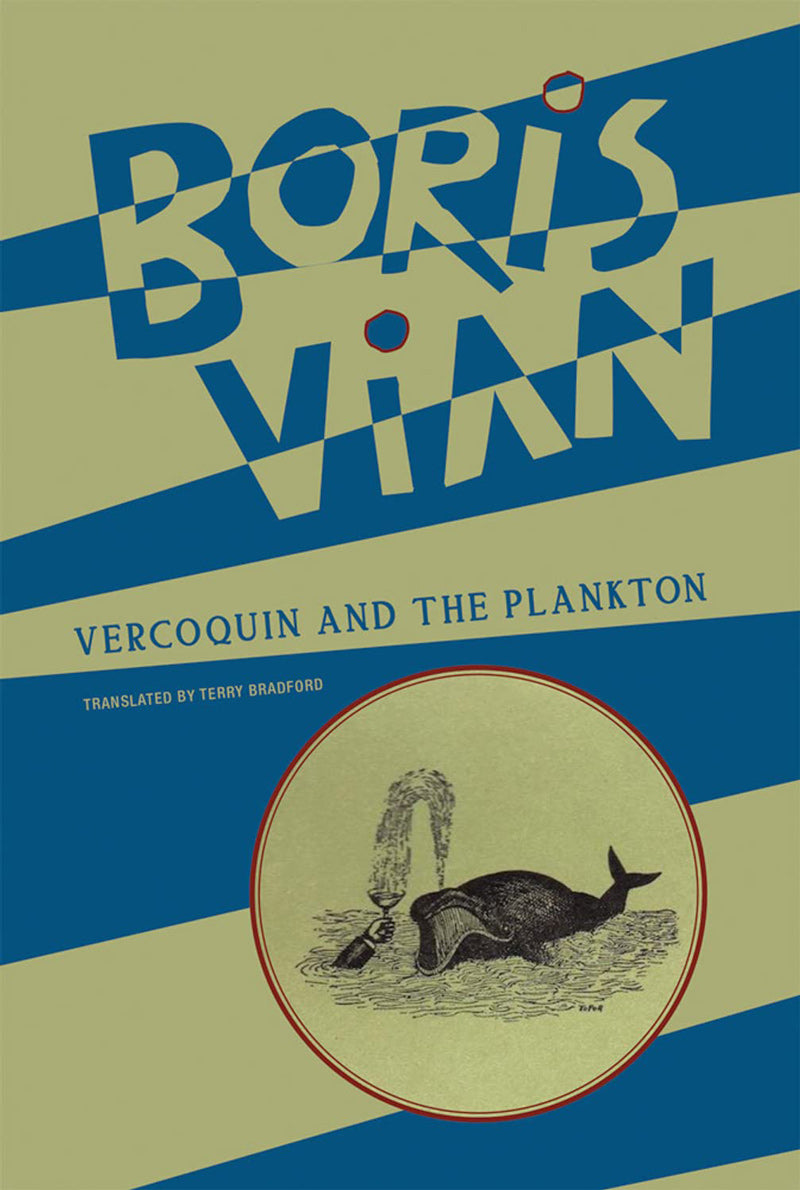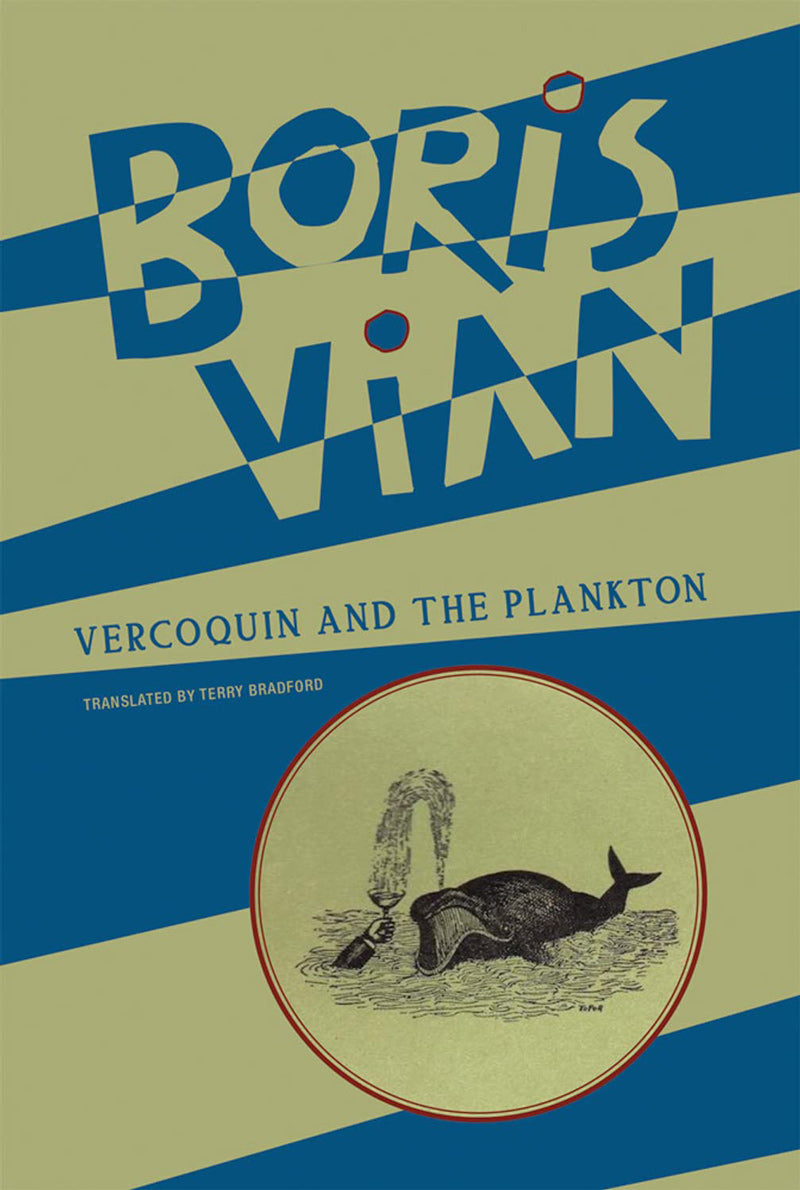Vercoquin and the Plankton
Vercoquin and the Plankton
Boris Vian
Couldn't load pickup availability
Translated, with an introduction, by Terry Bradford / October 2022 / 5.375 x 8, 208 pp. / 978-1-939663-82-5
Written for his friends in the winter of 1943–1944 when he was only 23, Vercoquin and the Plankton was the first of Boris Vian’s novels to be published under his own name. Published in 1947, the book came out two months after his succès de scandale under the nom de plume of the fictitious American author Vernon Sullivan, I Will Spit on Your Graves (a novel banned in France from 1953 to 1973 and for which Vian narrowly escaped a prison sentence), and two months before the publication of his beloved classic The Foam of the Days. At once social documentary, scathing satire, and jazz manifesto, Vercoquin and the Plankton describes the collision of two worlds under the Vichy regime: that of the youthful dandyism of the ever-partying Zazous, and the murderously maniacal bureaucracy of a governmental office for standardization. In this roman à clef drawn from Vian’s own contradictory lives as a jazz musician in the Left Bank and an engineer at the French National Organization for Standardization, the reader is introduced to a handful of characters inhabiting a world lying somewhere between Occupied Paris and Looney Tunes: Jacques Lustalot (a.k.a. The Major), Antioch Tambrétambre, and Fromental de Vercoquin, whose competing romantic interests in the swing-dancing Zizanie de la Houspignole culminate in a misguided attempt at standardizing surprise parties. A nonconformist satire of bureaucracy and nonconformism.
Boris Vian (1920–1959) was a French polymath who in his short life managed to inhabit the roles of writer, poet, playwright, musician, singer/songwriter, translator, music critic, actor, inventor, and engineer before passing away of a cardiac arrest at the age of 39 after authoring ten novels, several volumes of short stories, plays, operas, articles, and nearly 500 songs. Vian is remembered as one of the reigning spirits of the postwar Parisian Latin quarter, a friend to Jean-Paul Sartre, Raymond Queneau, and Miles Davis, playing trumpet with Claude Abadie and Claude Luter, and an influence on such future kindred spirits as Serge Gainsbourg.


